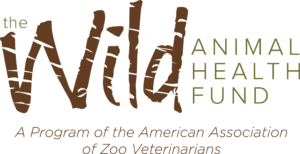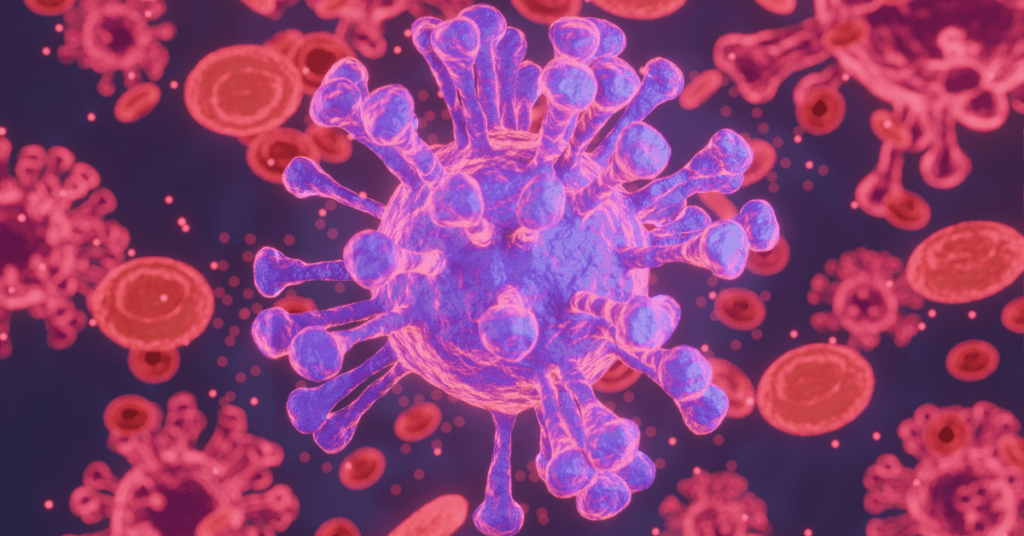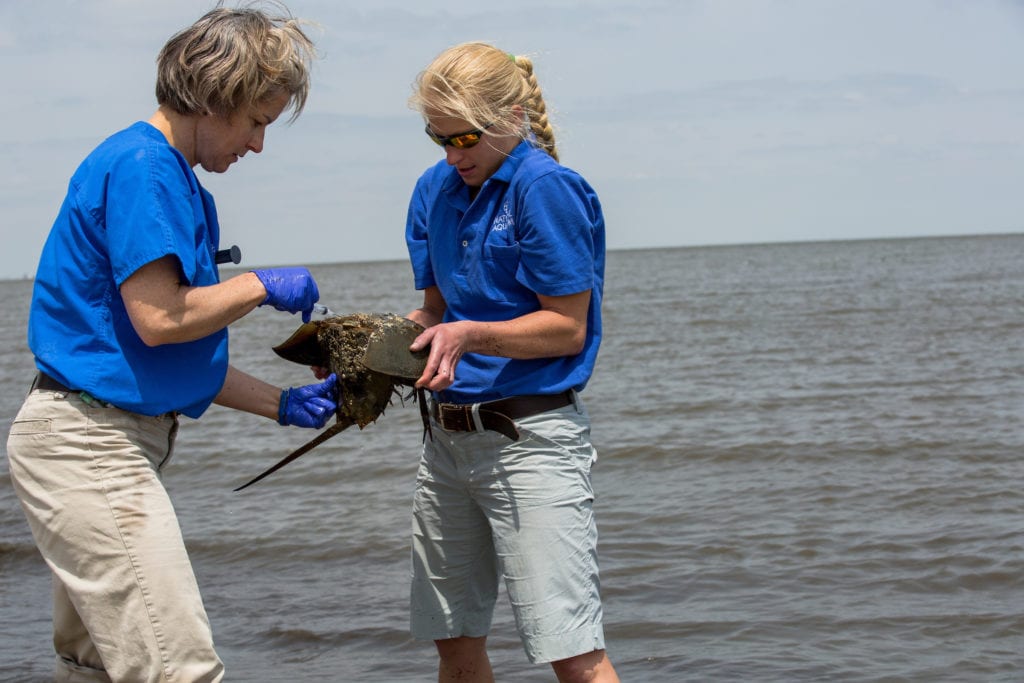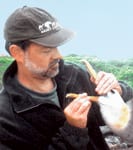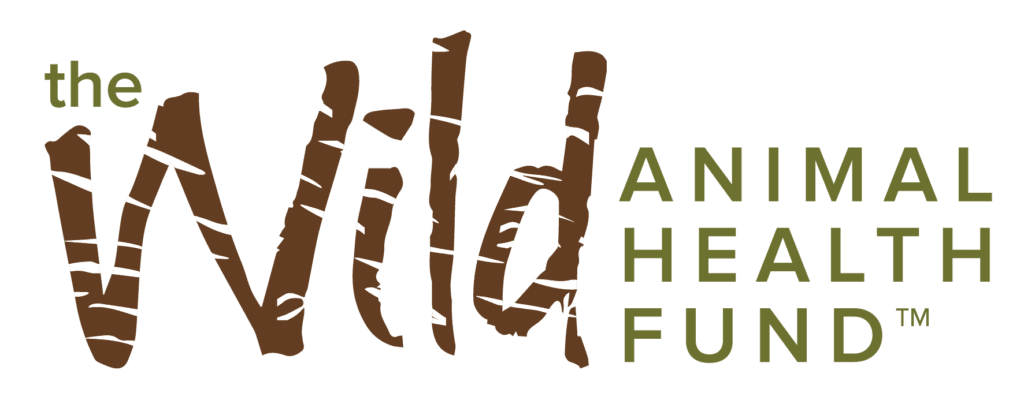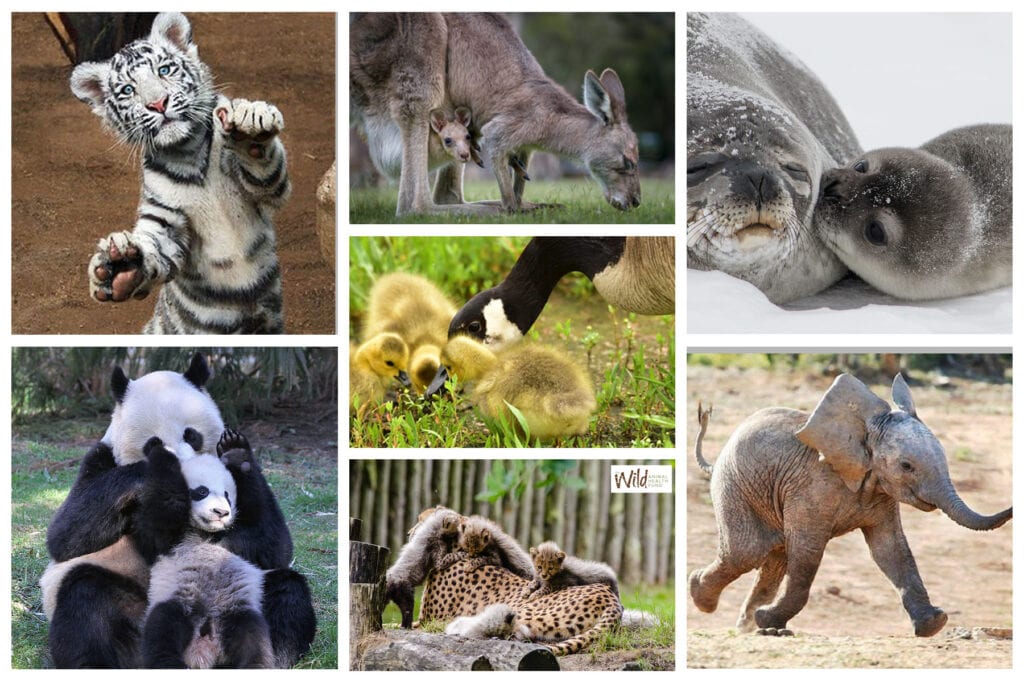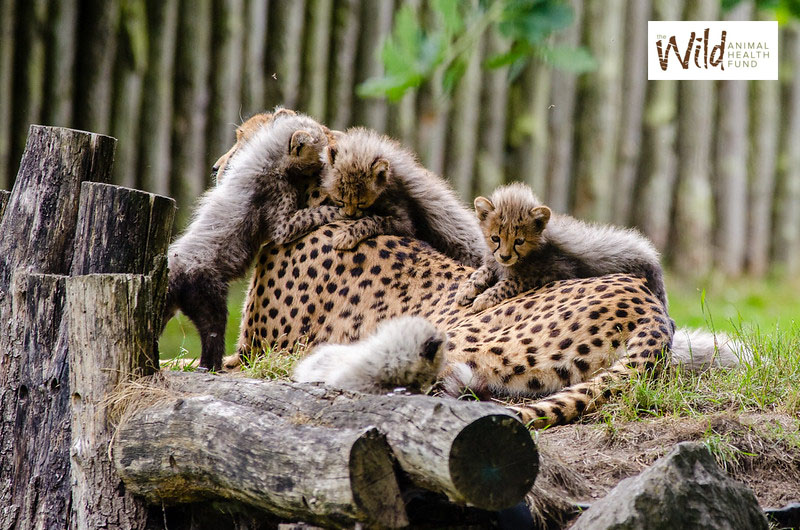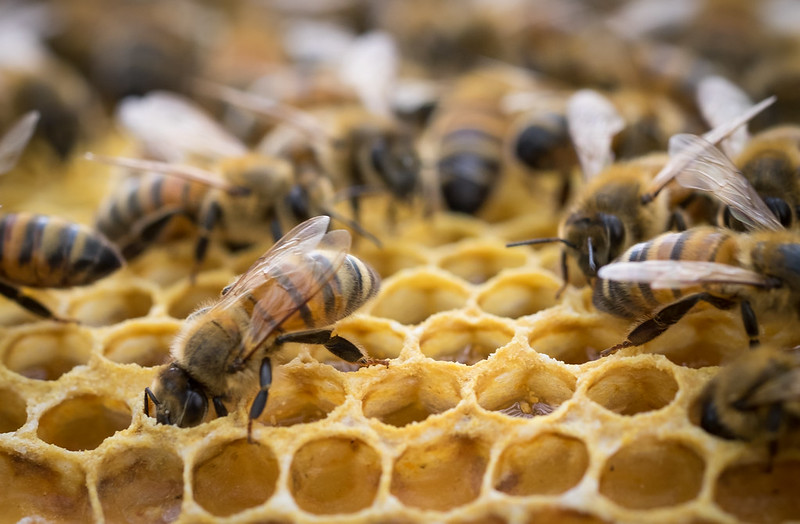Posts by Julie Best
Wild Animal Health Fund Video Interview: Devinn Sinnott
Discover how Devinn Sinnott, supported by the Wild Animal Health Fund, is tackling the critical issues affecting sea otter populations. Her research at the University of California-Davis focuses on parasites and diseases that threaten these animals. Explore Devinn’s Research Watch Video Interview Gain insights into the challenges and advancements in sea otter health research through…
Read MoreWhat are zoonotic diseases?
Zoonotic diseases are diseases and infections that are naturally transmitted between animals and people. The CDC recognizes over 150 of these diseases! Impacted animals can be wild or domestic, from the fish in the water to the monkeys in the trees. According to the CDC, scientists estimate that more than 6 out of every 10…
Read MoreWhat is wildlife conservation?
Wildlife Conservation is the practice of protecting and preserving wildlife and their natural habitats to maintain healthy populations and prevent extinction. Why is this important? We are all connected. Everything has its purpose in the animal kingdom, and losing one species jeopardizes other species (including humans!) Without the plants and wildlife, the food chain will…
Read MoreWhat Does Endangered Mean?
If an animal has reached endangered status on the IUCN Red List, that means that their natural populations have dropped so significantly that the species populations may not be able to grow quicker than they decline. Animals in danger of being extinct will affect all populations, including humans. Animals are becoming endangered due to: Many…
Read MoreWho are Aquarium Veterinarians
Did you know that when you visit an aquarium, the animals you see have special doctors on staff? These doctors make sure the aquatic animals receive the proper care, husbandry, diagnosis and treatments in order to live long and healthy lives. They are called aquarium veterinarians. Aquatic animals are no exception and require completely different…
Read MoreZoos are vital to conservation
Are zoos important to the conservation of zoo animals and wildlife? Should zoos exist? Are they even important? Why? Traditionally, zoos were solely a source of entertainment for families. In 1793, when Paris, France opened the worlds first modern zoo, employees and zookeepers knew very little about the animals they placed on display. In that…
Read MoreWhy Research is Important
Why is research important? Simply put, by researching, fact-finding or examining a subject, we gain more knowledge, establish new methods and develop more useful conclusions. These conclusions have the potential to help solve many unanswered questions. These answers, in return, could save so many lives. In the last 150 years, there have been great advancements…
Read MoreBaby Zoo Animals and Wildlife
Who doesn’t love baby zoo animals? We sure do! Whether it is a foal, poult, kid, fawn, cub, kit, pup, calf or joey exploring and playing in their new little worlds, we can all agree that babies of any species are just adorable. And a positive sign for the future. Wild Animal Health Fund loves to see baby zoo animals.…
Read MoreWhy fundraising is so important for the animals
Why is fundraising so important for the animals? Simply put, because we can’t afford to lose sight of the need for research for them, too. During this uncertain time of COVID, the rapidly changing environment, conflicts near and far, and other catastrophes – natural and created by humans, Wild Animal Health Fund knows one thing for absolute certain, the animals STILL need…
Read MoreHoneybee Research Gives Us Answers
Honeybee research has taught us so much about these important creatures. Did you know that there are 44 subspecies of honeybees that fall into 7 classes of honeybee species? We did not either until specialists did research on honeybees. Honeybees are extremely important to the ecosystems they live in All honeybees are extremely important to…
Read More